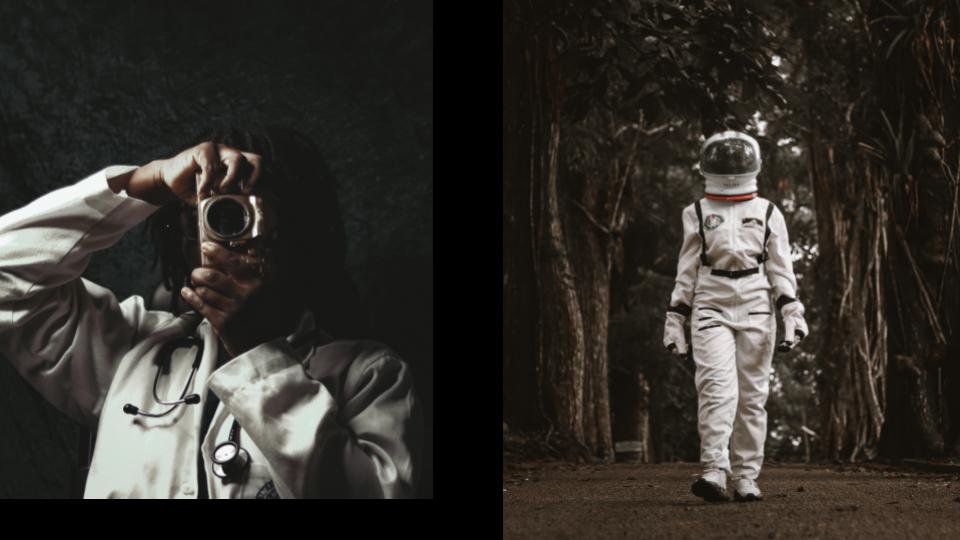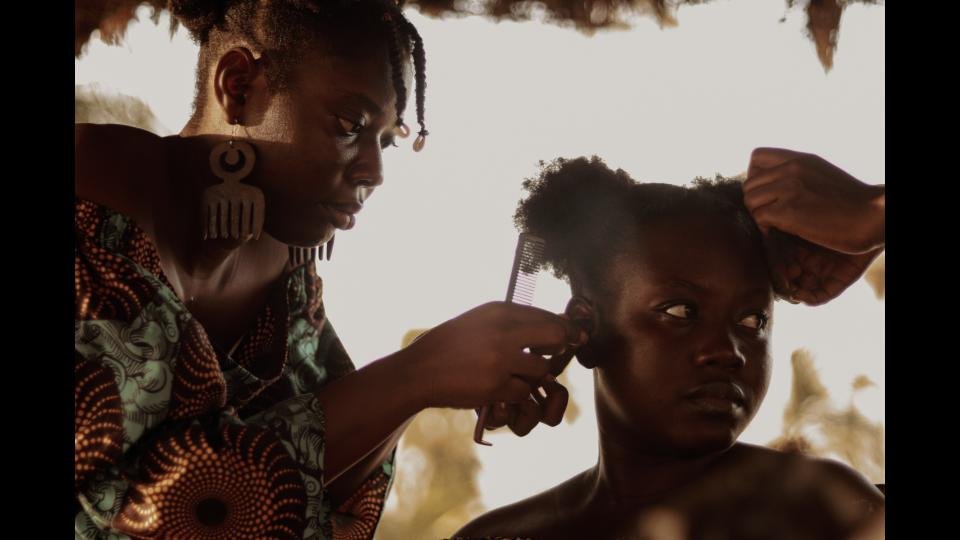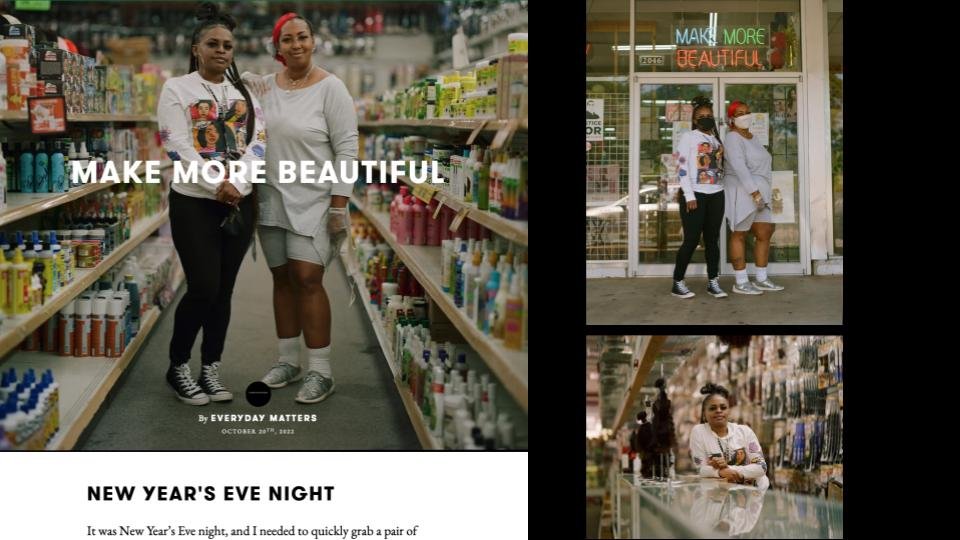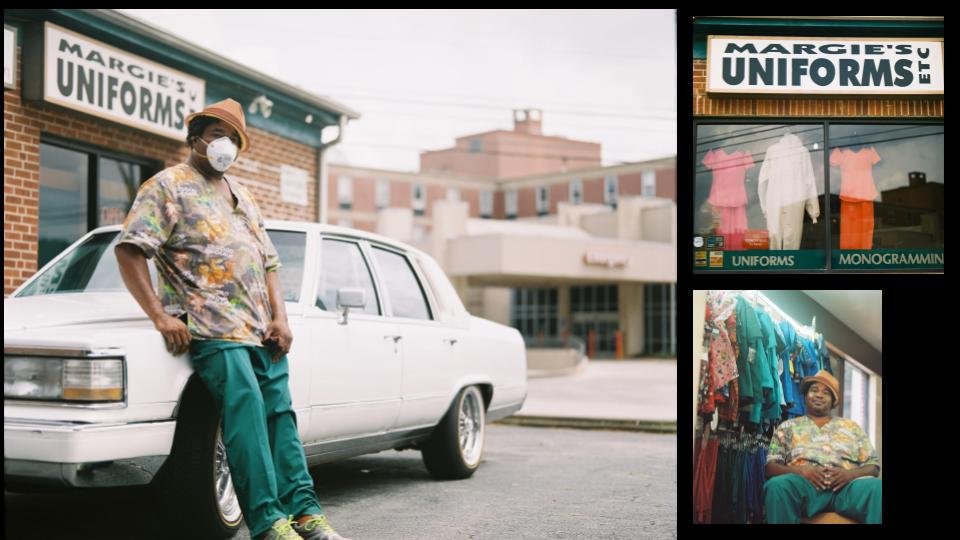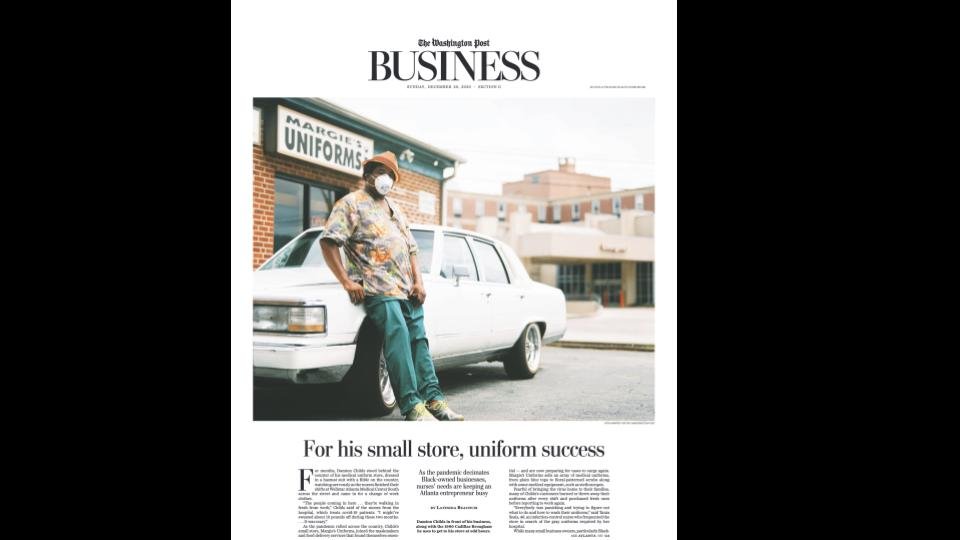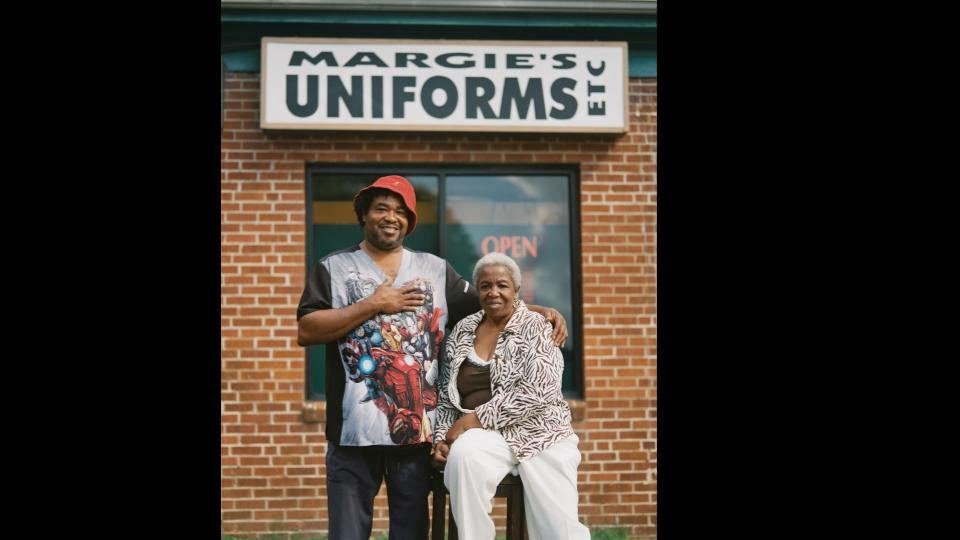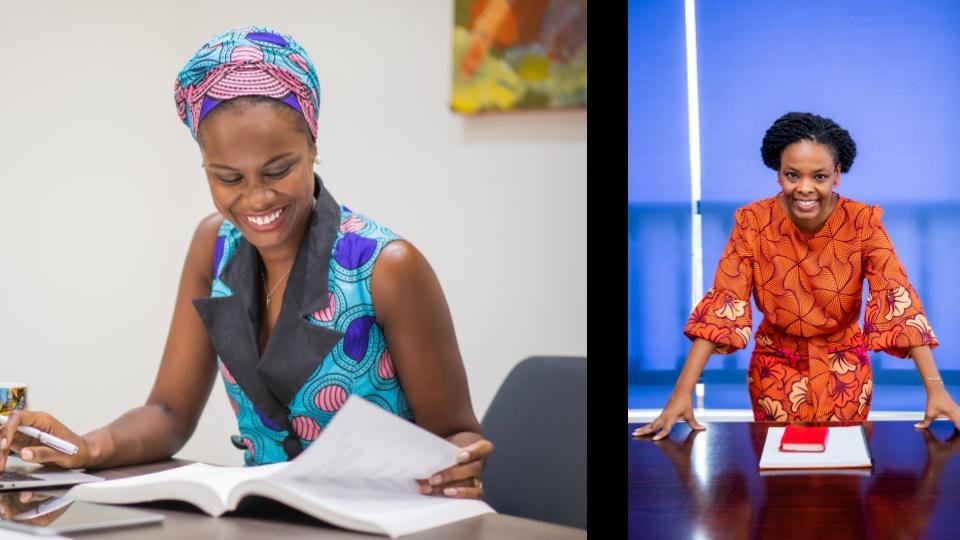Visual Storytelling; A Way to Elevate Communities
On Monday, 13th March 2023, PICHA’s founder and managing director Josiane Faubert shared the stage with PICHA’s US Based resident photographer, Rita Harper at the South by SouthWest Creative Conference (SXSW 2023) at the Austin Convention Centre in Austin, Texas. The SXSW is one of the biggest creative conferences in the US that celebrates the convergence of tech, film, music, education, and culture. Speaking to over 200 people in the audience, Josiane and Rita delved into the theme ‘Visual Storytelling; A Way to Elevate Communities’, sharing various stories about PICHA’s work and the diverse community that provide PICHA with modern, contemporary and developing afrocentric/ black communities.
Why are stories important?
Josiane: Very strong and beautiful images help us shape our world, our vision, and the way we see others and create empathy through us to connect with other people. There has been research showing the impact of positive storytelling, especially from communities like black communities all around the world, and how impactful it is to change people’s perceptions. After years of business, PICHA launched the Weaving Stories, a grant program that was started two years ago with the aim of giving more life to stock photos. Stock photos are not enough to tell stories because photographers would like to recreate what buyers want, which is usually generic and basic images. Weaving Stories was launched to change that; to move from simply creating stock photos towards telling real-life stories through the stock photos with real people.
Featured Collection: Weaving Stories
Mothers of Colour by Barbara, Kenya
Female Gaze by Efe, Ghana
How does visual storytelling shape the Culture
Rita: In my practice, I prioritize the Black community, Black cultural narratives that align with the Black experience. So a lot of the personal stories I cover have to do with narratives from my childhood and youth as I grow up. A lot of times in my documentary practice, I ride around just to see what I see and who I come across. These are everyday heroes whose stories need to be highlighted, people doing work from their heart, and I believe that this is also how we elevate communities by elevating their stories and narrative and pushing them forward to the front. It has always been important to have that representation and to have that knowledge in ownership that creates comfortability and representation to feel seen and heard, and acknowledged.
Featured stories/ collection:
Yaayaa and Angela (Make more Beautiful)
Great Dane Margie’s Uniforms
How does PICHA go through the delicate task of respecting the people and the community in creating the shoots for our collections/ stock photo?
Rita: I think respect is very important when we talk about documenting communities. We are talking about consent and also just seeing people as human beings, and no matter their social status or occupation or material asset, seeing them as having value and that's a great place to start. Initially, you see people, and you sometimes just see them from the outer but there is always something behind that, something to them. Approaching someone with the respect that you have and would want someone to approach you with. These lessons and just being able to sit with our elders is a real privilege. When we talk about documenting communities with respect, it really is about approaching that person, knowing that their story has value.
Featured Stories/ collection:
A Man’s Theory- Surviving hurricane Katrina.
Spider and Treme (one of the oldest African American communities in the US)
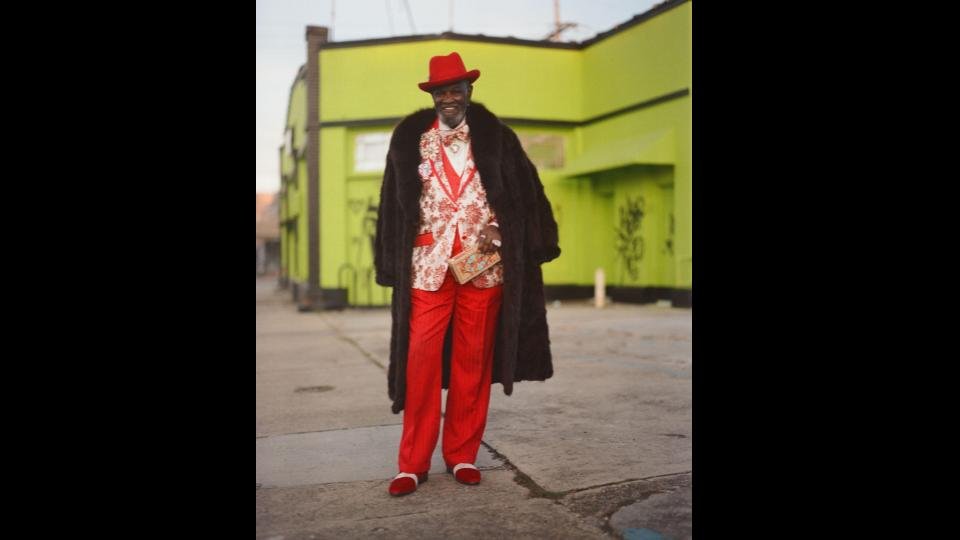
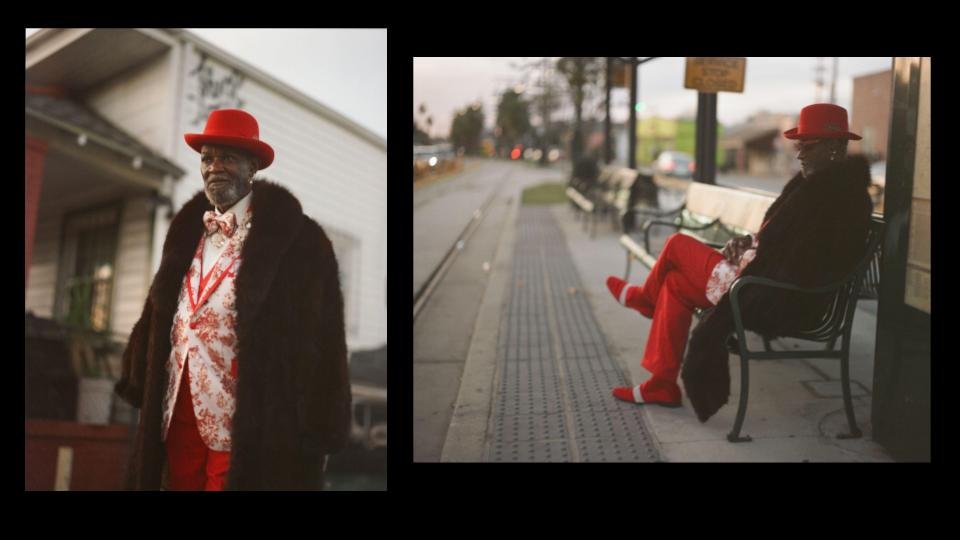
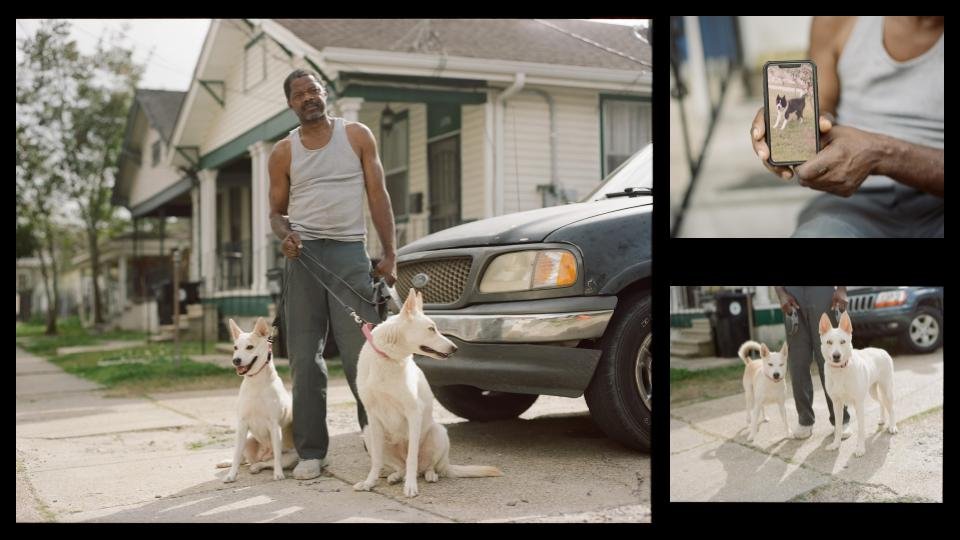
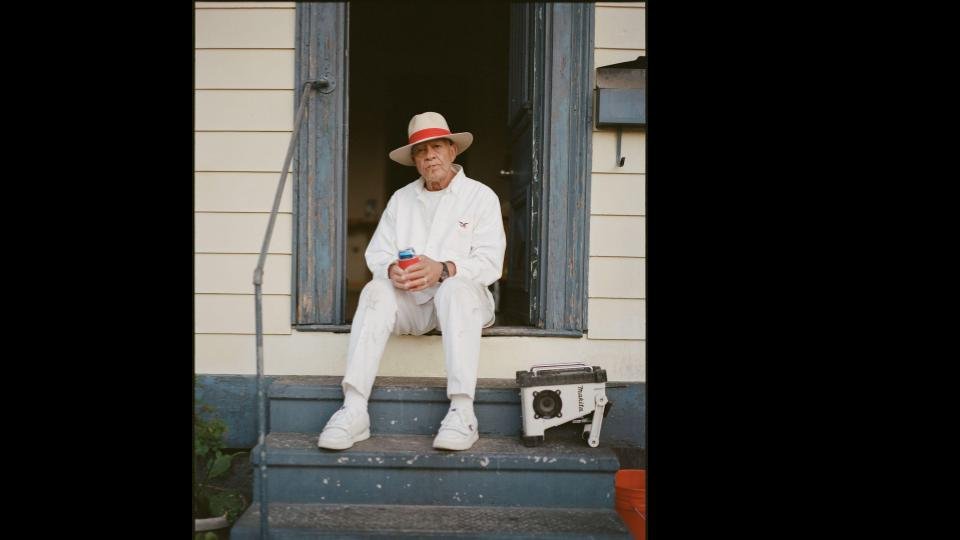
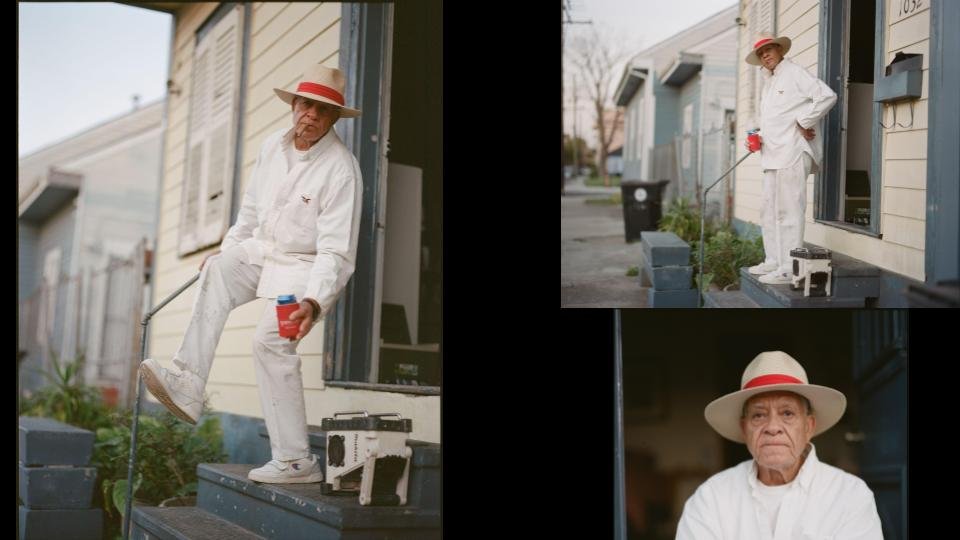
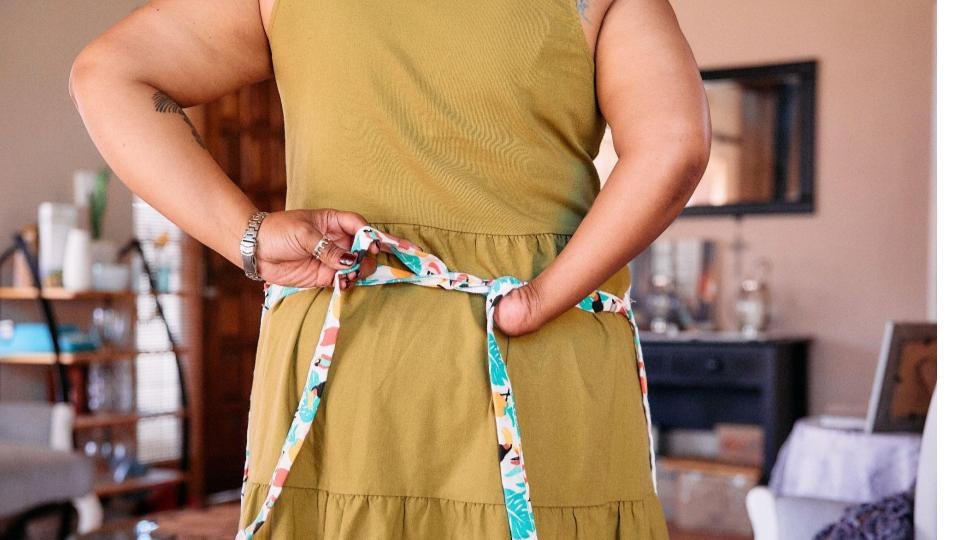
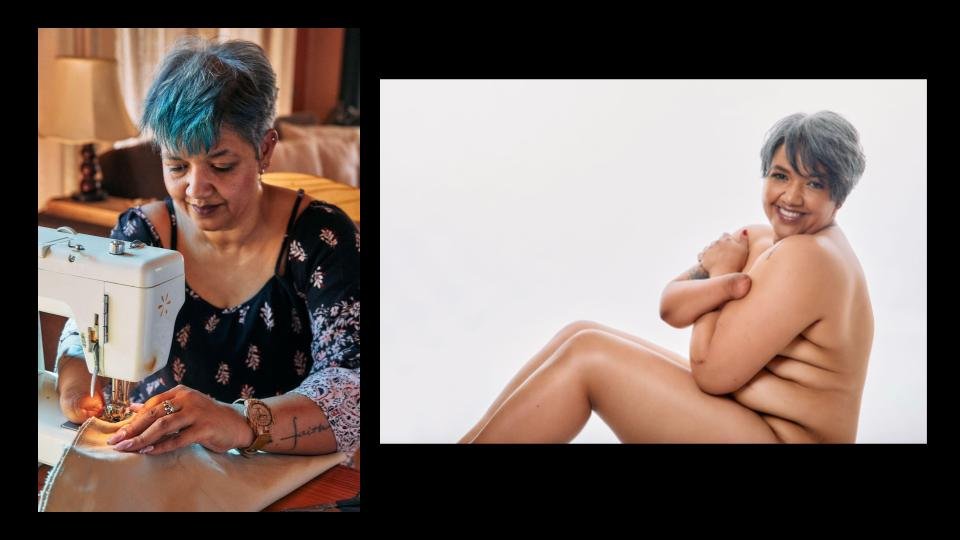
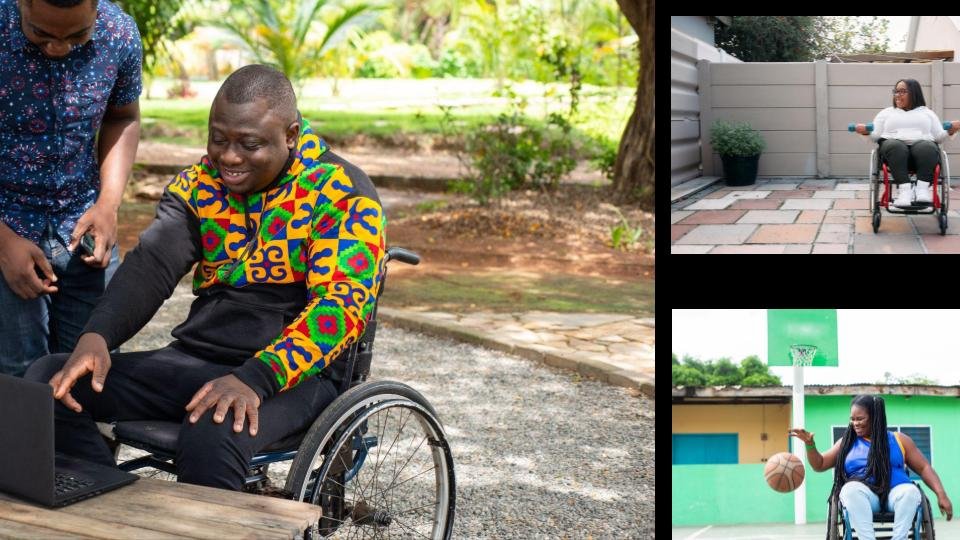
The Economy of Diverse storytelling
Josiane: This is an issue and many brands and companies have asked for more diverse content. However, creating diverse content is also linked to the economic makeup of the country and the world. A lot of diverse content creators live in marginalized communities, and to create content, you need funding and access, and most times, having these resources can be problematic. We have seen that companies don't get the right stories or the stories that matter to the consumers, and that is why we usually see these generic images, while there are beautiful stories like the ones Rita creates and the collections we work on with the amazing diverse contributors we have at PICHA. It really comes down to communications and receiving advice from a pool of diverse people on how to pick an image and tell the right story with it for your brand. If you pick the right stories and you know your target audience, you will be making people happy and making a difference.
Rita: The lack of nuanced stories for Black communities, in particular, generic and tokenized stories. You can hire diverse creators, but if you do not have the editors and the people who are actually conjuring these stories who don't understand or have the understanding of the lives of such communities, what they go through, or the culture in general, there's always going to be the disconnect and its always going to be stories told from a very narrow perspective. It is important to hire these diverse photographers, storytellers, and writers, and it is important that the people commissioning those stories are also knowledgeable and educated on different stories that can be told from different perspectives.
Featured Story
Andrew and the SouthSide Tyres (from Kenya to Atlanta)
How do we push the Culture forward and ensure that what we do continues beyond us?
Rita: Pushing the culture forward, I think, is sometimes deeper than what we think. Through a conscious effort toward social repair, we push the culture forward through forgiveness, acceptance, and healing. It borders around how we improve and move forward mentally and spiritually together and as a culture.
Josiane: When you work with image makers and create images, trying to bring diverse stories, you think about and challenge your own biases.
Featured Stories:
The Past and the Future (Missouri, the film, and the air conditioning)
Moments of Joy (Weaving Stories, Kenya)
Salvador de Bahia (Weaving stories, Brazil)
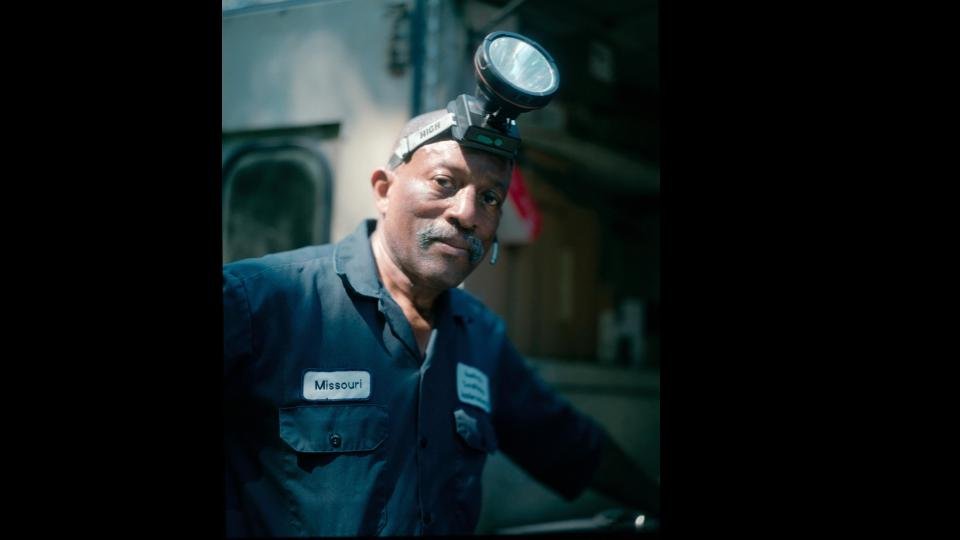
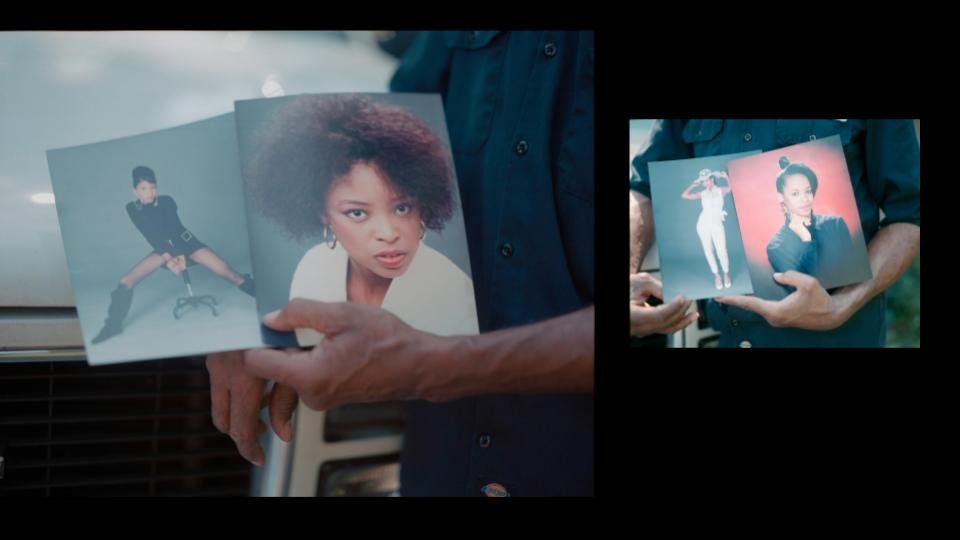
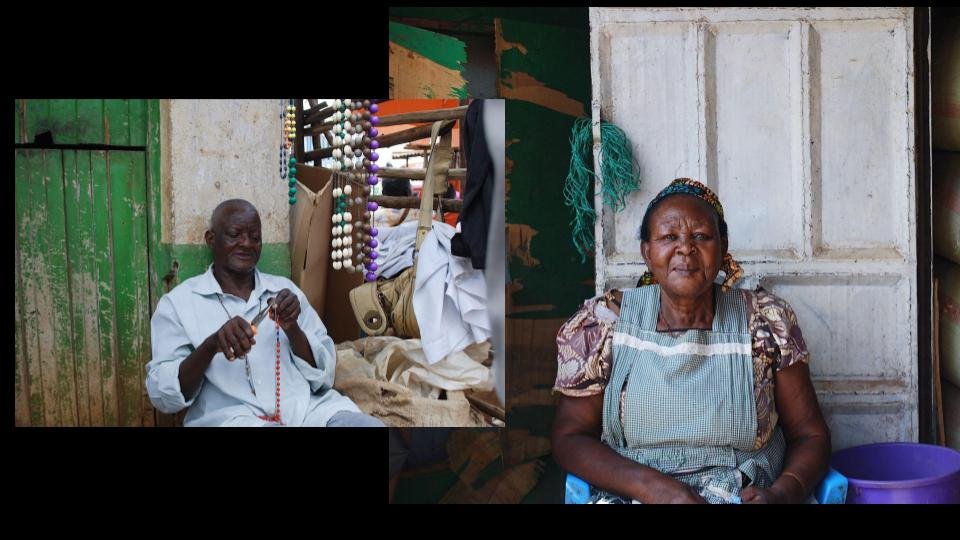
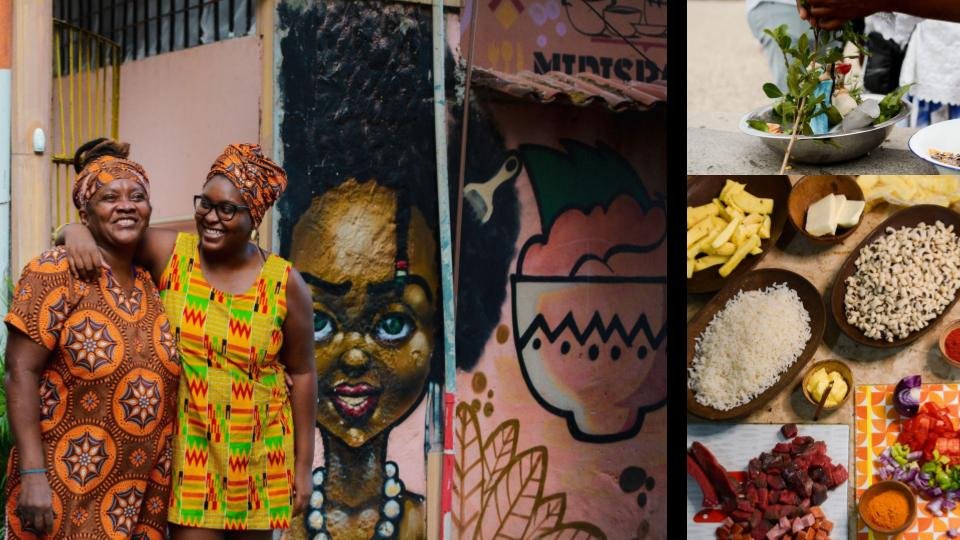
Takeaways
Josiane: The power of seeing yourself in a story and being represented is very strong. Stories are very important. Tell the story as diverse as possible. If you don't know, ask someone. Try to talk to people around you. And if you don't have someone, there are always resources online but open your mind to be inclusive. Universal stories are universal stories, and that's what matters the most. Black stories are universal stories. We all have the same stories, even though we apply them differently.
Rita: Looking at everyone with general respect, no matter what their occupation or social status is. You don't have to be famous or a celebrity or a model to have value. Your story is valuable, and no matter what part of your journey you are on, you have a story that is worth telling, and you matter no matter what. So treat yourself that way and treat those around you that way, looking at the next human being as a value, regardless of who they are, what they do, and their standing in life.
**Listen to the full session, details of the stories, and Q&A (Audio Only) via the PICHA SXSW page
About PICHA
PICHA is a stock photo provider created with the purpose of changing the widely accepted one-dimensional narratives of Afrocentric communities by providing users a platform to access adequate visual representation. PICHA brings you curated, diverse Afrocentric visuals that enable brands and businesses to tell richer stories that include African Americans, Africans, and, more generally, the larger African diaspora. Images come from contributors from diverse Afrocentric communities in the US, Europe, Brazil, and Africa. PICHA believes that original stories can change perceptions. And we are here to do just that. To bring the voices, faces, and stories of modern Afro and Black communities to the world and the brands we serve. While we tell stories about black communities through photography and footage, we support our contributing photographers. 50% of all commissions go directly back to the photographers. #stockphotowithpurpose #stockphotoswithrealpeople
Speaker: Josiane Faubert
Josiane Faubert is an artist and photographer who was born in Gabon. She brings the diversity of her cultures into a harmonized identity to empower communities and influence conversations. She founded PICHA Stock, a stock photo agency that brings curated, diverse visuals that enable brands and businesses to tell richer stories that include Black communities. With her passion for authentic images, she conceptualized PICHA as a catalyst for changing the widely accepted one-dimensional narratives of Afrocentric communities by providing companies and institutions a platform to access adequate visual representation. Josiane strongly believes that images have the power to shift perceptions, change narratives, and tell the right stories that matter.
Speaker: Rita Harper
Rita is a freelance photojournalist; Rita started photographing everything from weddings corporate headshots, birthday parties, etc. However, Rita always wanted to find an avenue where she could express herself authentically on the issues and things that she really cared about. After trying internships in fashion studios, and beauty studios and hating it there, Rita found her love in visual storytelling and documenting communities after going back to her own community and interacting with the people there- youth and the elders. Having opportunities to work with news publications and wanting to see more nuance with Black stories, Rita started her own newsletter where she interviews everyday people and transcribes their stories with photos. Follow her journey at PICHA through her profile and sign up for her newsletter

